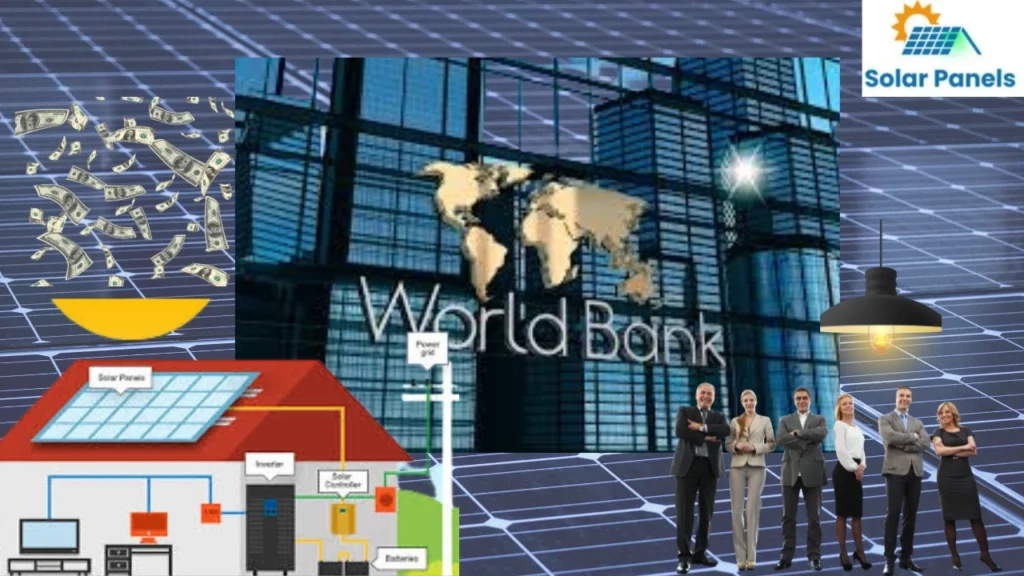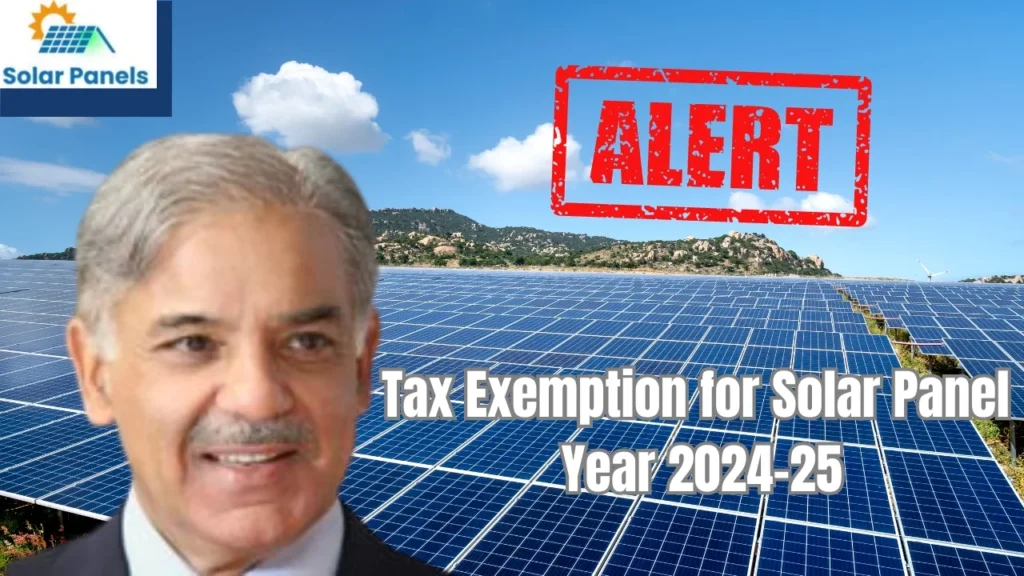Off-Grid Solar Could Electrify 400 Million People by 2030; World Bank
The latest report published by the World Bank states that realizing Off Grid Solar potential to contribute to universal energy access requires a $21 billion investment. According to the report, off-grid solar will be the most cost-effective way . To provide energy access to 41% of people globally who are still living without energy by 2030. The sector already provided 55% of the new connections in sub-Saharan Africa between 2020 and 2022 . Where over 80% of the unelectrified populace lives.
Table of Contents
Toggle
Insights from the 2024 Off-Grid Solar Market Trends Report
The World Bank’s Energy Sector Management Assistance Program (ESMAP) and GOGLA warn in the latest “Off-Grid Solar Market Trends Report (MTR) 2024″. Realizing off-grid solar’s potential to contribute to universal energy access requires a sixfold increase over current investment levels—or $21 billion. Otherwise, we will miss this opportunity. Under the current direction, projections indicate that 660 million people will still be without electricity by 2030.
MTR Introduction at Global Off-Grid Solar Forum
The MTR was displayed at the whole session of the biennial Global Off-Grid Solar Gathering and Expo in Nairobi to over 1500 attendees . Including 100+ policymakers, 100+ investors and improvement actors, and hundreds of companies over the distributed renewables sector. “We must rewrite this story,” remarked Qimiao Fan, the World Bank’s Country Chief for Kenya, Rwanda, Somalia and Uganda.
The Role of Off-Grid Solar in Combating Poverty
“Providing access to reasonable, clean electricity is basic for lifting people out of poverty on a decent planet. And we must be strong in our commitment to doing so. The World Bank Group has therefore joined forces with the African Development Bank to connect 300 million people . To power over Africa over the following 6 years, under the Mission 300 activity. Off-grid solar will play a basic part in coming to households. As well as quickening electricity to businesses, schools, and well-being centers. Unlocking improvement over sectors.”
Off-Grid Solar: Key to Electrifying 400 Million People
“With the Off-Grid Solar Market Trends Report, off-grid solar is once more proven as the most successful course to reach almost 400 million unelectrified people . Delivering life-changing energy solutions to control their homes, farms, businesses, and open services. The industry has shown huge strength in challenging macroeconomic conditions. Companies, investors, governments, and improvement accomplices are required to work together Now to unlock the $21 billion required to make a financially feasible off-grid solar sector . That can scale, serve the hardest-to-reach, and help achieve energy get to climate goals and driven activities like M300.” said Sarah Malm, Official Chief at GOGLA.
Projections for 2030: 660 Million Without Access
According to the report, 685 million people are still living in energy poverty. The number has grown for the first time in two decades and, without quick activity, 660 million people will stay without get to by 2030. Off-grid solars solutions would be the most cost-effective way to reach 41% of them (398 million people).
Navigating Inflation and Currency Debasement in the Solar Market
The off-grid solar sector has shown huge strength over the past two a long time in challenging macroeconomic conditions. As of 2023, off-grid solar solutions were estimated to advantage over 560 million people. In 2022 and 2023, companies sold more than 50 million OGS products despite soaring expansion, extreme money debasements, and other factors. Market turnover come to $3.9 billion in 2022 and 3.8 billion USD in 2023.
Limited Affordability of Solar Kits for Unconnected Households
The report shows that only 22% of families missing electricity can manage the monthly installment for a Tier 1 solar energy unit on PAYG (a monthly installment system that increases affordability for those users who can’t manage an upfront cash installment). In conflict-affected regions, where 64% of people missing access to life, costs to offer PAYG are 57% higher, making them indeed less affordable.
Off-Grid Solar Investment Reaches $1.2 Billion, Urgent Funding Required
Investment into the off-grid solars sector reached a tall of $1.2 billion during the 2022–23 period, generally driven by debt financing. However, a 6x increase in open funding is necessary: $21 billion to zap all the 398 million people who would be most efficiently connected through off-grid solar. An assist of $74 billion would cover the addressable markets for solar water pumps, cold capacity solutions, and Level 2+ OGS solutions for Micro, Small, and Medium-sized Ventures (MSMEs).
Global Recognition of Off-Grid Solar’s: Pointing to Electrify 300 Million in Africa
Initiatives like Mission 300 from the World Bank and the AfDB to electrify 300 million people over Africa and integration of OGS in national charge plans and energy move plans show that off-grid solar is increasingly being recognized in the worldwide plan. The report said that companies, investors, governments, and development partners need to work together to ensure that off-grid solar power fulfills its potential, achieves SDG 7, and has a transformative effect on households, businesses, farmers, and social infrastructure.
If you want to learn more about solar panels, our blog section is a great place to go.
Conclusion
The World Bank report highlights the importance of off-grid solar’s solutions in addressing energy poverty and achieving universal get to electricity by 2030. With the potential to enable 400 million people, this cost-effective pathway requires a $21 billion speculation. Collaborative efforts among governments, investors, and improvement partners are significant for mobilizing assets. And executing successful techniques like the Mission 300 initiative.
FAQ’s
What are off-grid solar’s?
Off-grid solar refers to solar energy systems that work independently from the primary electrical grid. Giving control to families and businesses in areas without solid power access.
What challenges does the off-grid solar’s sector face?
Key challenges include the requirement for significant funding and affordability for customers. And higher costs in conflict-affected districts, which can prevent access to solar technology.
Why do people consider off-grid solar the most cost-effective solution?
Off-grid solar is often more economical in remote or underserved regions where extending the traditional grid is unreasonable. It gives a fast and scalable solution to meet energy needs.


